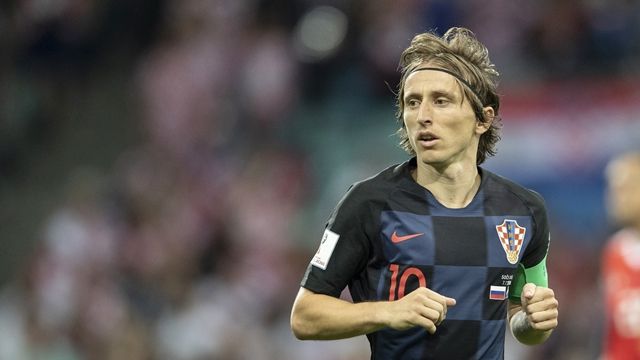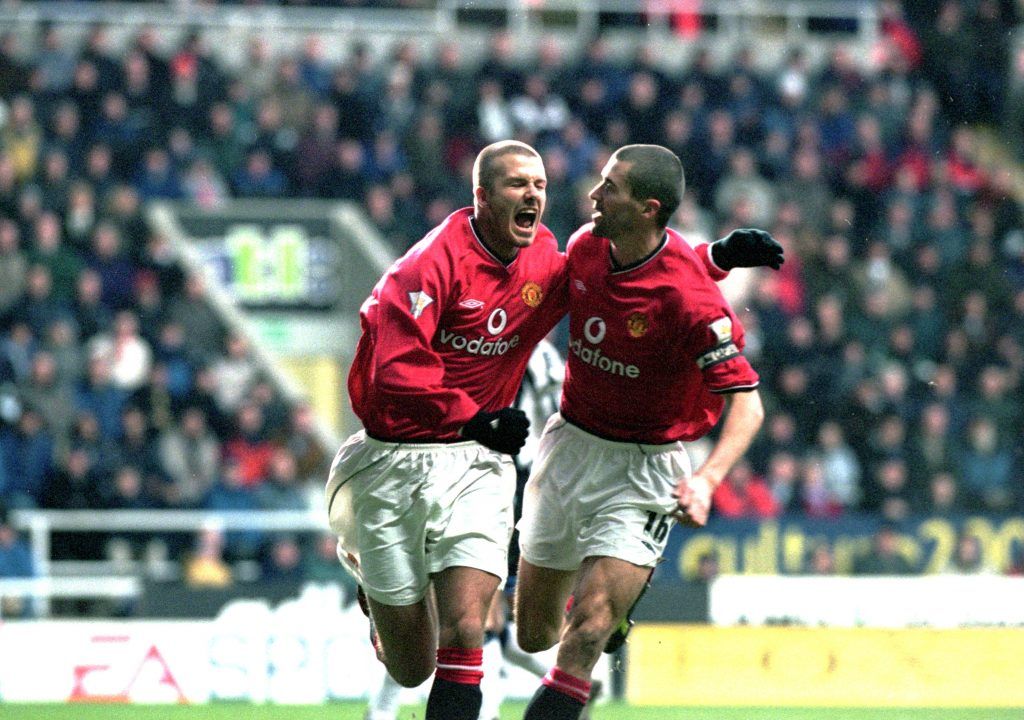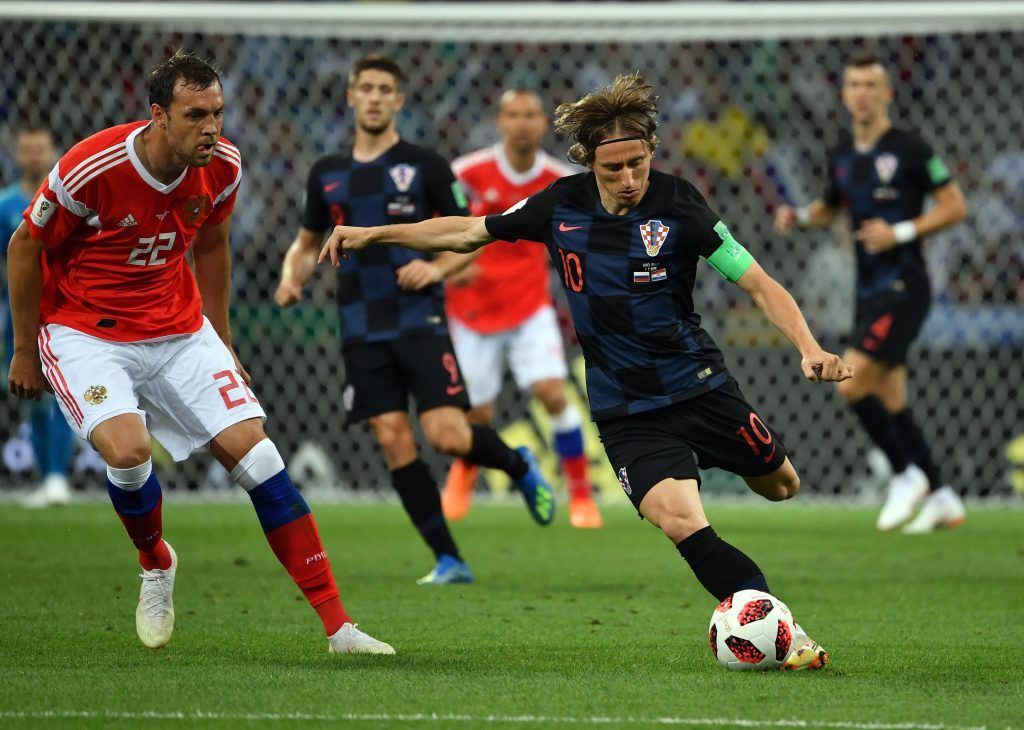Luka Modric has been excellent for Croatia at the World Cup so far.
The midfielder has been his country’s key player on their journey to the semi-finals of the tournament, where they will play England on Wednesday in Moscow. With Ivan Rakitic beside him and Marcelo Brozovic of Inter Milan screening Croatia’s defence, Modric could run riot against England’s midfield of Jordan Henderson, Dele Alli and Jesse Lingard.
There is no team at the tournament that wouldn’t be improved by Modric’s presence. If Brazil had someone of Modric’s class in central midfield they wouldn’t be on their way home. If France had him alongside N’Golo Kante they would be unstoppable. The Real Madrid midfielder is the brain of his team and improves everyone around him.
If Modric leads Croatia – a country of just over four million people – to the World Cup final and to the ultimate prize in international football, there will be no-one more deserving of Ballon d’Or recognition than the former Tottenham midfielder.
However, Vedran Corluka dismissed suggestions that his teammate could win the individual prize when asked by reporters on Saturday night following Croatia’s victory over Russia on penalties.
“We are too small a country for Fifa or Uefa to consider a player from our country to be the best player in the world,” Corluka replied when reporters asked if Modric could win the aware.
Corluka arguably has a point. Even before the award was dominated by Cristiano Ronaldo and Lionel Messi, it tended to go to footballers from large, established football nations, rather than smaller countries like Croatia.
This may explain why Irishman Roy Keane was overlooked for recognition during his peak years between 1998 and 2002.
Keane was Manchester United captain and most important player when they won the treble in 1999. Yet, the Ballon d’Or placing that year went to Rivaldo of Brazil and Barcelona – a team United knocked out of the Champions League that season. David Beckham, Keane’s teammate, was in second-place. He was brilliant that season, but there’s no way Beckham warranted recognition ahead of the Irishman. Andriy Shevchenko was in third place because of his goals for Dynamo Kyiv and AC Milan. Keane had been the best player in Europe’s best club team that year, but wasn’t in contention for the individual prize. In 2001, the award went to Michael Owen.
The Ballon d’Or also seems to be heavily influenced by international tournaments, which may work in Modric’s favour for the award. In 1998, his compatriot Davor Suker finished second in the placing behind Zinedine Zidane after finishing that year’s World Cup as the top scorer when Croatia reached the semi-finals. Like Modric, Suker also won the Champions League with Real Madrid in the same year that he starred in a World Cup.
In 2002, Ronaldo won the award after helping Brazil win the World Cup. Fabio Cannavaro won the award in 2006 when he captained World Cup winners Italy. Fernando Torres finished third in 2008, the year he scored the winning goal in the European Championship final against Germany. The last time Cristiano Ronaldo didn’t place in the top three for the award was in 2010 when Spain’s World Cup winners Andres Iniesta and Xavi finished behind Lionel Messi.
So, it’s possible Modric will get the recognition he deserves if he continues his excellent form against England and leads Croatia to the World Cup final. He also has been indispensable to Real Madrid over the last few seasons, helping them win four Champions League titles, and is the complete midfielder. Winning the World Cup would be his greatest achievement and would surely warrant individual acclaim, even if his main focus is on helping his team reach the final, rather than an individual prize.




























